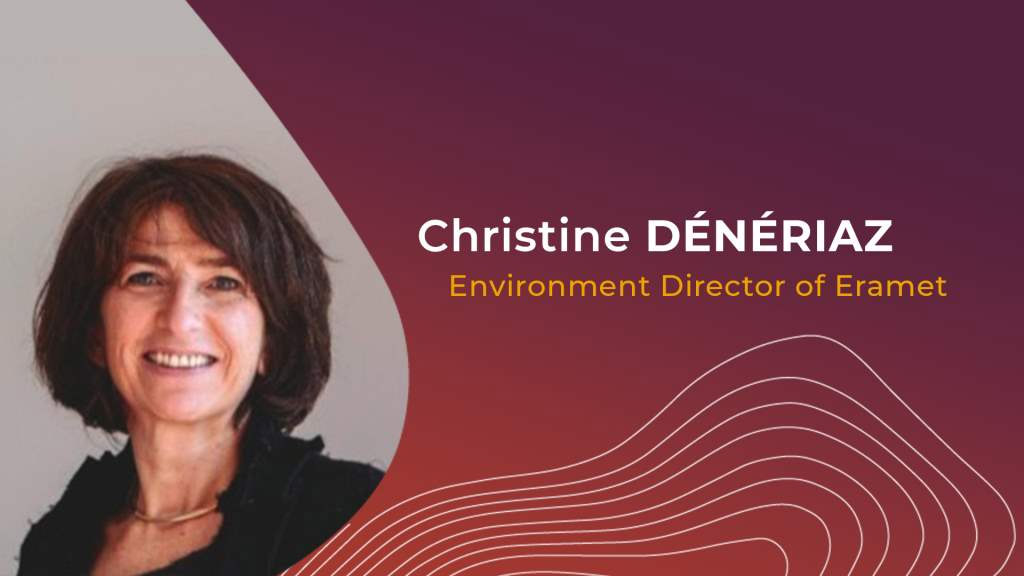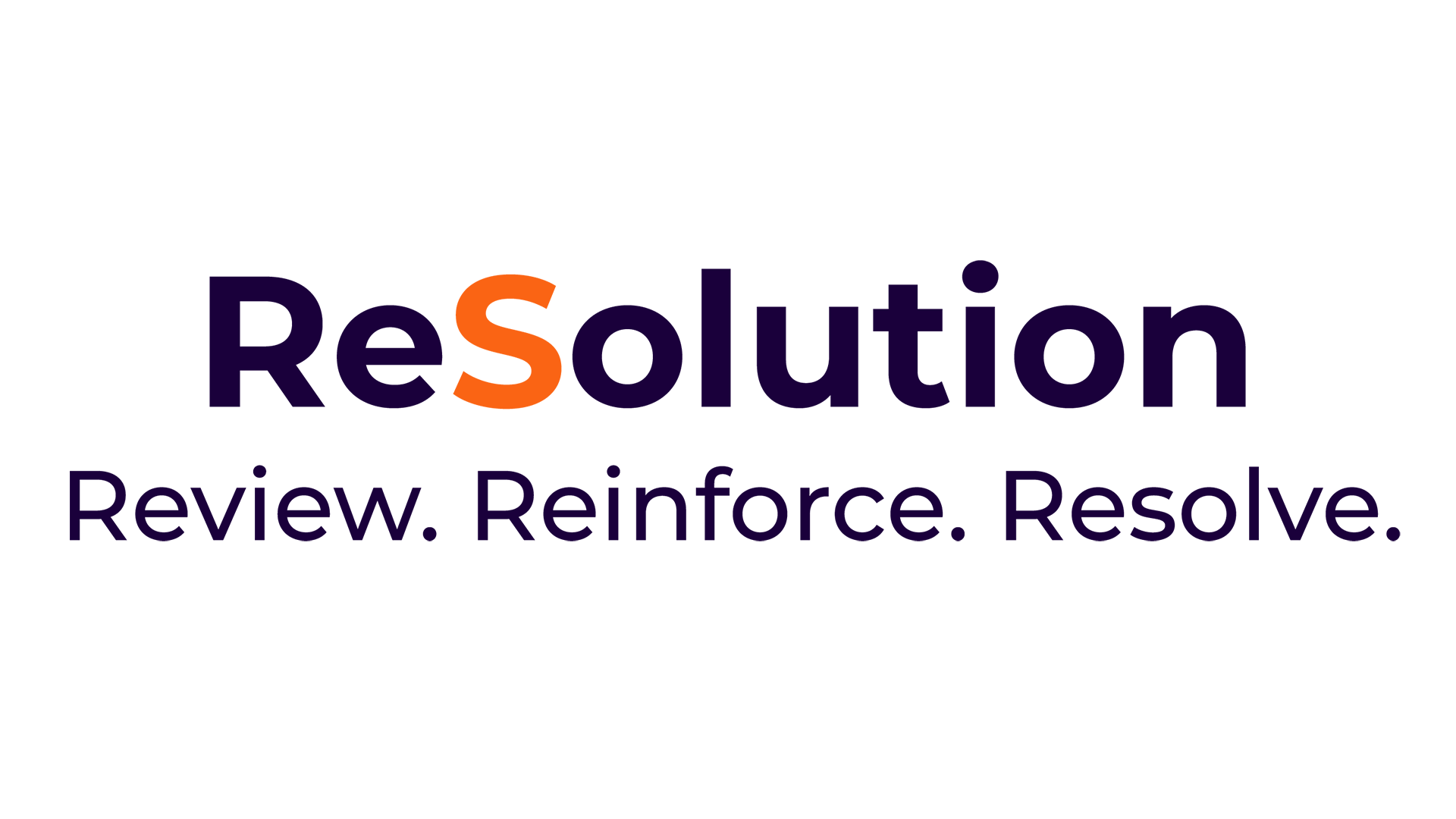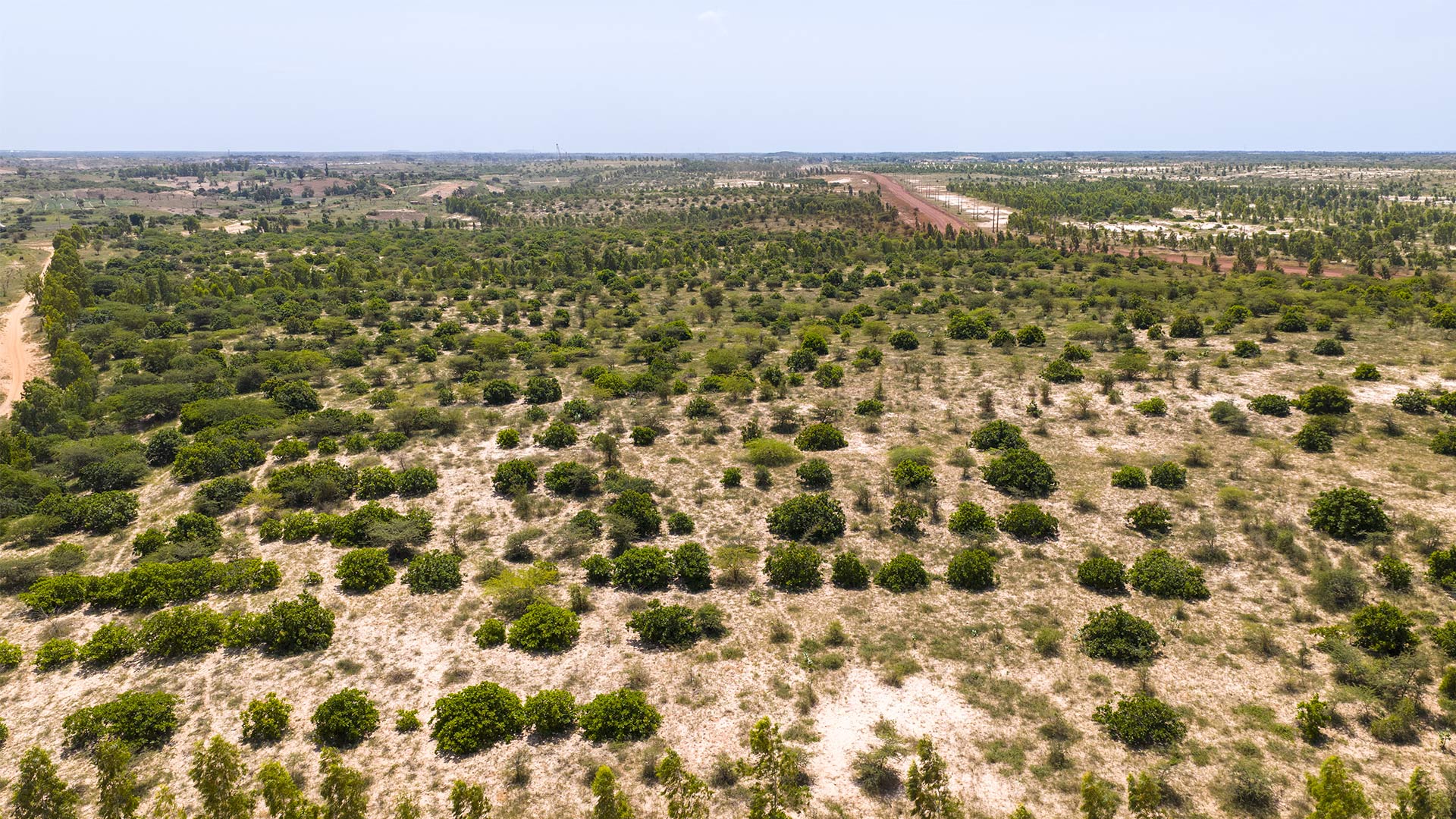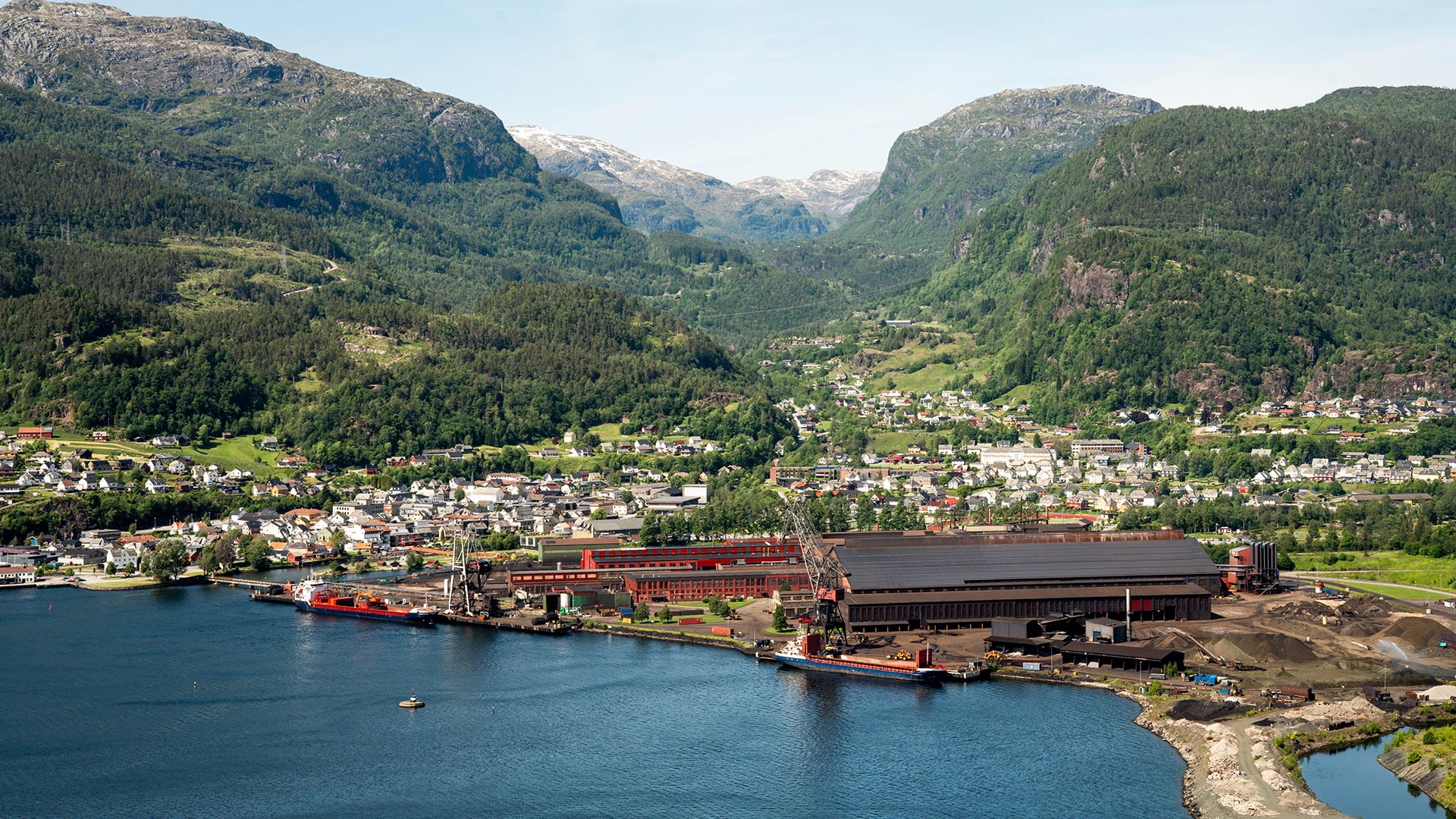The mining industry is changing, and people are now talking about “responsible mining”. Do you think this is possible, given the impact of mining on the environment?
Christine Dénériaz: Yes, of course! Eramet strives to do this every day, and it’s part of our corporate purpose.
From a global environmental point of view, we know that human activities have led to planetary limits being exceeded: climate change, erosion of biodiversity, pressure on water resources… International awareness of these issues is leading to profound changes, which Eramet – like all industries – must integrate and even anticipate, taking into account the tightening of environmental regulations, the growing demands of governments, customers and partners, investors and employees, with a view to protecting the environment in which we operate and respecting the local communities who live there.
What environmental commitments is Eramet making today?
C.D.: Eramet’s 2018-2023 CSR roadmap responds to major environmental issues and addresses all topics with regard to our mining and metallurgical activities. Our new Environment roadmap will further strengthen our actions, in terms of reducing atmospheric emissions, water management (from a quantitative and qualitative point of view), biodiversity, resource conservation and climate change. It aims both to improve knowledge of our impacts through better monitoring, and to reduce these impacts through both local and global actions. In addition, special attention and specific targets for water recycling will be defined in the next 2024-2026 CSR roadmap, in particular for our sites located in water-stressed areas.
To give even greater weight to our approach, we are committed to having each of our mines audited by 2027 according to IRMA standards, an international, independent benchmark that certifies mines as environmentally, socially and societally responsible.
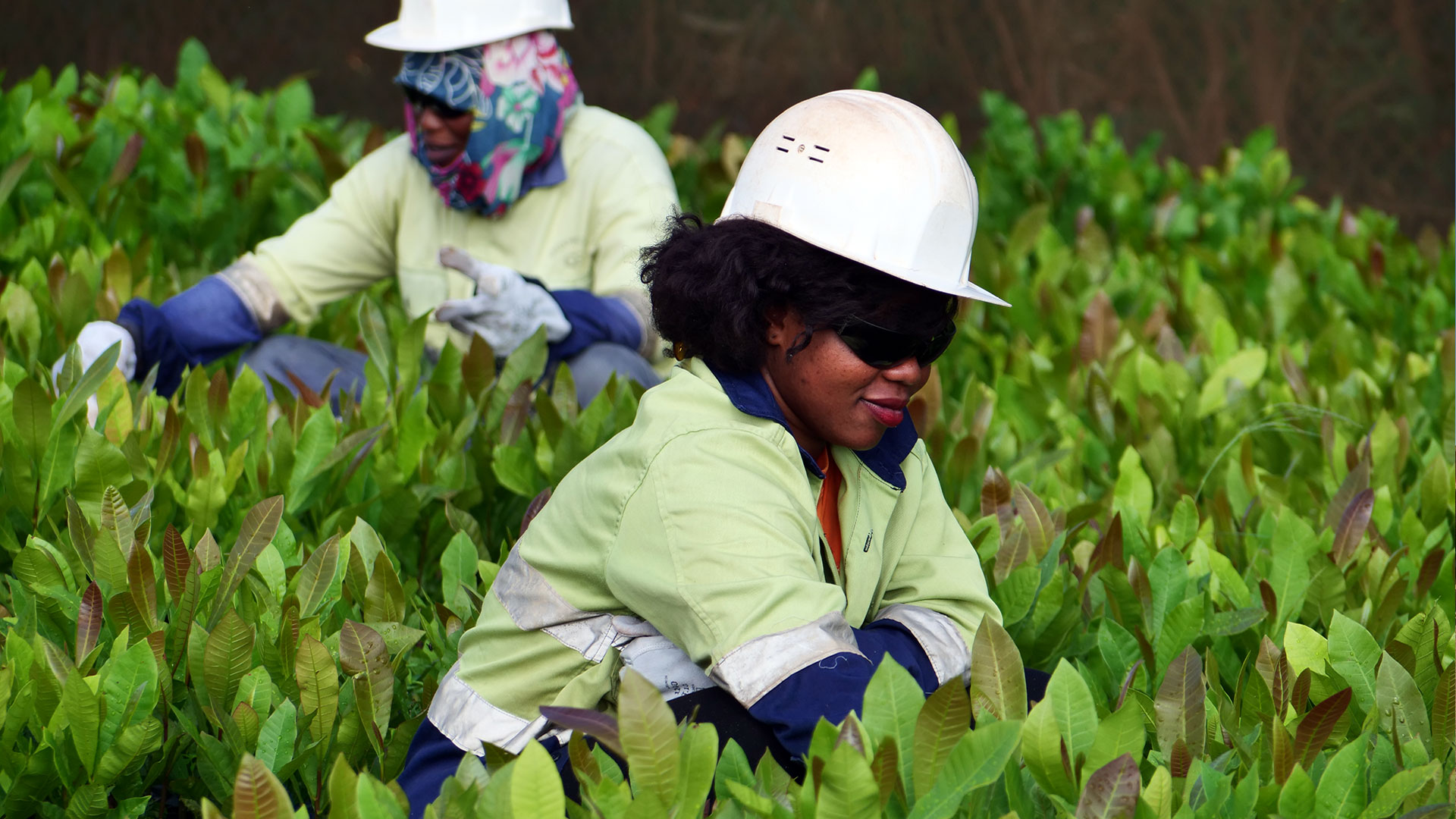
The GCO plant nursery in Senegal, where the company grows the plants that will be used to revegetate the land after the mine has passed through.
How do you implement your environmental policy?
C.D.: The environment is everyone’s business! All corporate functions and operational sites contribute to the deployment of the Group’s environmental policy and, above all, to working together to achieve our objectives. The Environment Department defines priorities by drawing on the knowledge of the specific challenges and contexts of each of our businesses, provided by local experts. We also take into account external trends such as regulatory changes, and the expectations of our customers. Internally, we provide the advice, tools, methodologies and support needed to deploy and realize our ambitions.
How do you approach the issue of climate change?
C.D.: Climate change is a major, urgent and systemic issue. It involves reducing our direct and indirect emissions. To this end, Eramet has strengthened and adapted its organization by creating a dedicated department to accelerate projects to decarbonize its activities. We are on the right track, but we still have a long way to go to reach our target of reducing our Scope 1 and 2 emissions by 40% by 2035, as validated by SBTi. Our efforts have already been recognized by the Carbon Disclosure Project, which gave us an A- rating in its Climate Change 2022 ranking. These include our decarbonized electricity supply, improving our energy efficiency, replacing carbon-based reducers in the processing of our products, and developing CO2 capture and storage (CCS).
In addition, it is crucial to work both on adapting to physical changes (intensification of extreme climatic phenomena, water stress) and on changes linked to a transition to a low-carbon economy (regulations, markets, customer expectations) so as to reduce the company’s exposure to risks and seize opportunities. Eramet’s positioning in energy transition metals (lithium, nickel and cobalt salts for batteries) and recycling is part of this dynamic.
Biodiversity conservation is at the heart of the raw materials business. What is your strategy in this area?
C.D.: Eramet formalized its biodiversity commitments back in 2015 through a specific section within the Group’s Environmental Responsibility policy. In the 2019-2023 CSR roadmap, the emphasis was placed on rehabilitating mining sites, which helps to limit erosion, thus preserving the quality of aquatic environments, while recreating conditions conducive to biodiversity. The objective has been achieved with a ratio of rehabilitated surface area to cleared surface area > 1 (1.21) over the period 2019-2022.
In 2021, Eramet completed its voluntary commitments, steered by the French association of Companies for the Environment and fourteen partners including environmental NGOs and scientific bodies.
Our commitments to preserving biodiversity will be further strengthened in our new 2024-2026 environment roadmap around four pillars:
- Aim for ecological exemplarity before, during and after mining operations by integrating a territorial approach.
- With the help of scientific partners, improve knowledge of the areas in which we operate, reclamation methods and measurement tools…
- Develop the Lékédi Foundation
- Train and raise awareness among our employees AND external stakeholders
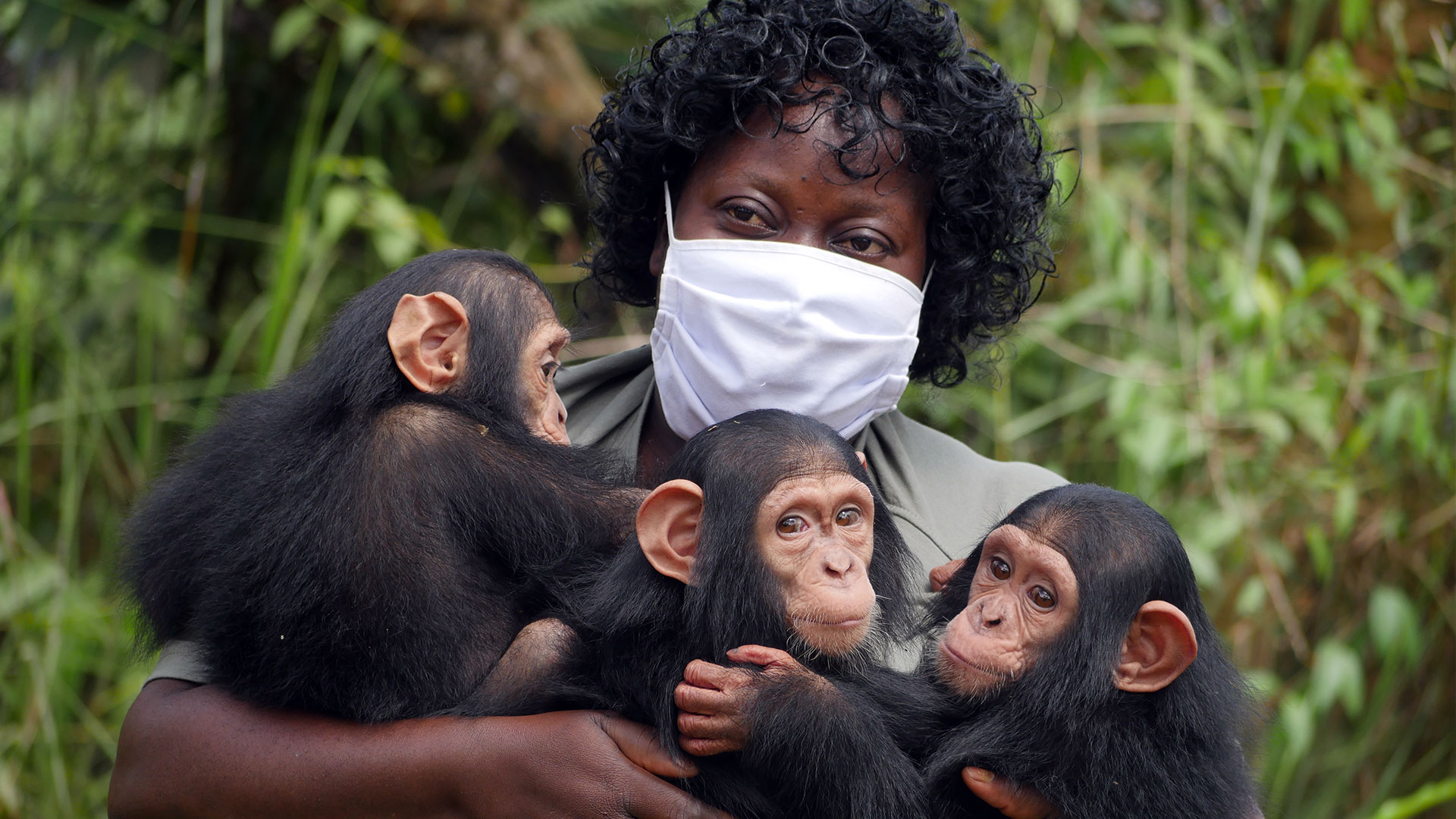
At the Lékédi Park, a subsidiary of Comilog, young primates that have fallen victim to poaching are taken in, cared for and raised before being reintroduced into their natural habitat in this 14,000-hectare protected reserve.
Our flagship actions to preserve the environment
- Rehabilitation and revegetation of land in Senegal following the passage of the mine
- Protecting biodiversity in New Caledonia and Gabon with the Lékédi park
- Actions to reduce dust emissions in New Caledonia
- Optimizing CO2 capture on pyrometallurgical furnaces in Norway
- Virtuous water management in Senegal


